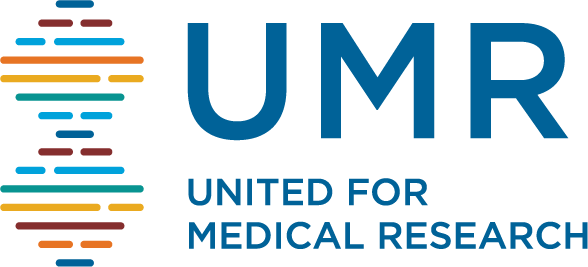February 6, 2013
New Analysis Shows Harmful Impact of Imminent Cuts on Biomedical Research Enterprise
February 6, 2013 – A new United for Medical Research (UMR) analysis released this morning projects the nation’s life sciences sector could lose 20,500 jobs and $3 billion in economic output if Congress fails to prevent the 5.1 percent automatic, across-the-board spending cuts to the National Institutes of Health (NIH), slated for March 1.
Using the latest 2012 NIH data, UMR’s new analysis also calculates the impact of NIH grant funding on our nation’s economy and health and life sciences industry. The results show the magnitude of NIH’s role as an economic driver, supporting more than 402,000 jobs and $57.8 billion in economic output nationwide, in 2012 alone.
NIH funding generated the greatest number of jobs in California (59,363), Massachusetts (34,031), New York (32,249), Texas (25,408) and Pennsylvania (23,709) in 2012. And if the sequester takes effect, the number of jobs lost could total more than 1,000 jobs in each state, with the exception of California, where more than 3,000 jobs could be lost.
“UMR’s new data highlights the tremendous impact of NIH research on our country’s economic vitality, fueling hundreds of thousands of high-paying jobs across every state in the U.S.,” said Carrie Wolinetz, PhD, president of UMR. “We cannot allow budget cuts, such as those looming from the sequester, to undermine the biomedical research enterprise, causing the loss of jobs and prosperity, as well as setting us back at a time when we are on the cusp of exciting new advances in cancer, heart disease, diabetes and Alzheimer’s and many other diseases.”
“As a researcher in the field of cardiovascular biology, I cannot stress enough that NIH grants are the lifeblood of my research aimed at ways to boost the body’s natural defenses against heart attack and stroke,” said Sean Davidson, a researcher at the University of Cincinnati. “If Congress doesn’t avert the budget cuts, thousands of researchers across the country like me could be at serious risk of losing our funding, and with it the ability to carry out our critical research. More importantly, a whole generation of younger scientists could be without the public funding they need at a significant stage in their careers. Congress must heed our call and act swiftly to protect the jobs and scientific discoveries that are in jeopardy if these cuts take effect.”
Click here to read the full report.
